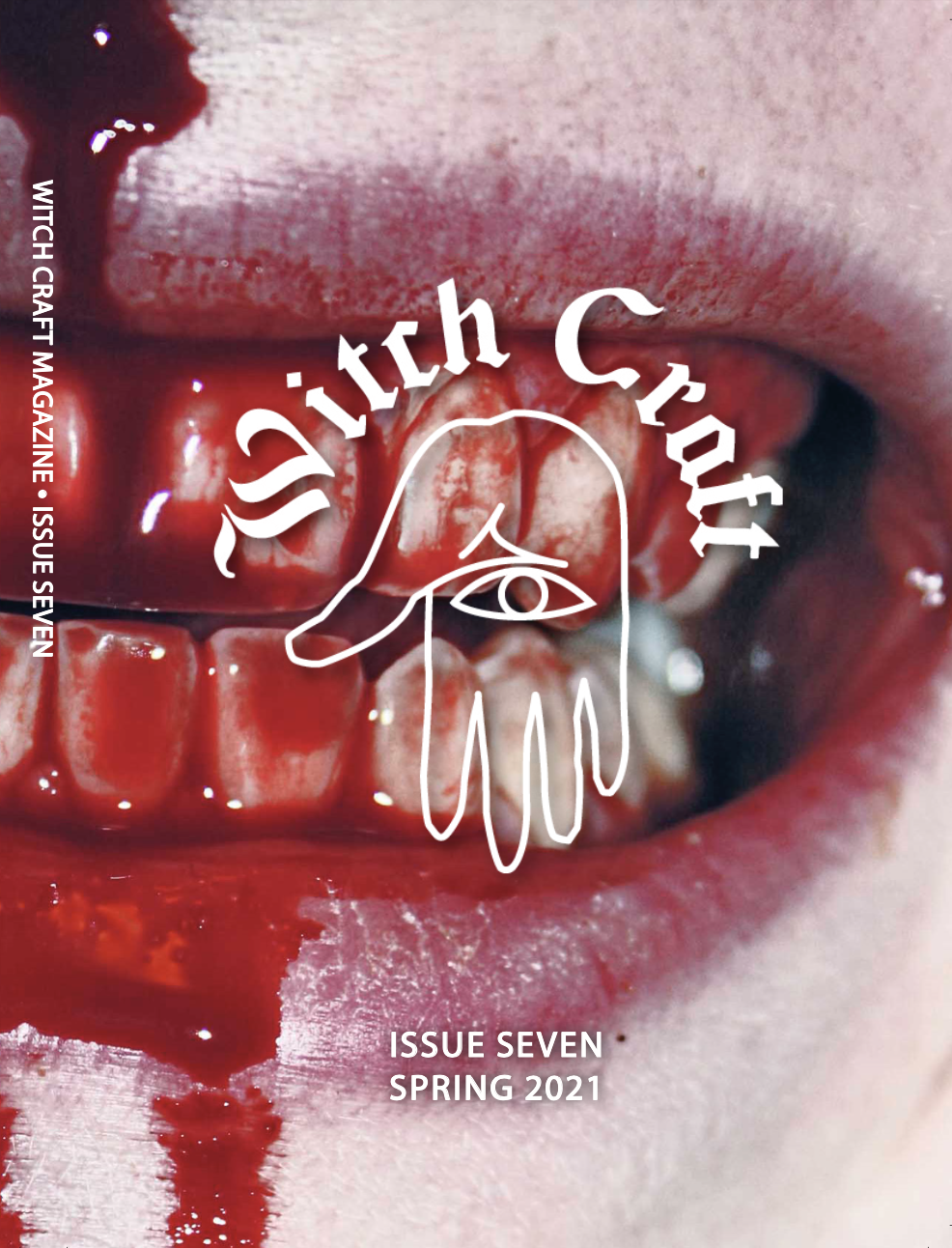WHAT TO MISS WHEN by Leigh Stein is available now!
/On the heels of last summer’s hit novel Self Care, Leigh Stein’s long-awaited second poetry collection (and fifth book) is out now! What to Miss When is a 21st-century Decameron about pop culture, mortality, and the internet, written during the Coronavirus pandemic. You can order it here or from your favorite indie bookstore.
Leigh spoke about the book on NPR’s Morning Edition, and we’re doing an event tonight with Brooklyn Poets on what it was like to write and edit an entire poetry collection during the first six months of the pandemic.
Across social media, readers are describing What to Miss When as "a cathartic, playful, devious little read," what would happen if "Inside by Bo Burnham was an episode of Gossip Girl," and "a sometimes-chilling, sometimes-hilarious time capsule of a year that none of us saw coming... It feels like laughing with a friend after the end of the world."
THIS TIME CAPSULE HOLDS:
Panic kept on you at all times like a passport
Boccaccio's Brigata and the Brat Pack
Malaise confessed in sexy baby voices
Perfume spritzed inside plague-doctor mask
Cringe as onomatopoeia
A mermaid gown of Clorox wipes
Juicy thoughtcrime thrown to a tiger
Post-it stating, Body positivity, ever heard of it?
The last Achilles of the twentieth century
Even the most virtuous with their breeches on their heads
“I am so thankful for [Stein’s] brain—and these poems.” —Emily Burack, Alma
“In her dazzling new collection, Leigh Stein has managed to create art from the mess of modern life, with poems both elegiac and flippant in equal measure . . . She manages to imbue each poem with just enough levity to keep the reader from losing hope. I cannot recommend this collection highly enough.” —The Voracious Bibliophile
“What To Miss When is hilarious and absolutely horrifying. If you think the quarantine habits you developed are unique and charming, read this book to be put in your place. But I beg of you, gift that to yourself, it’ll make you feel less alone. ‘I’m a feminist, I got the memo,’ is Stein’s perfect disclaimer when shouting the things so many of us are afraid to even whisper. It’s a specific kind of book that helps us remember how things were, that serves as a map for our children to understand why we are the way we are. This book is one of them.” —Olivia Gatwood, author of Life of the Party
"Early on, the speaker says she 'must be some basic bitch to click / ‘Decameron and Chill?’ in Town and Country,' and we know we’re in for a ride through the pandemic that has some 'mischief' in it. It’s this mischief, Stein’s relentlessly refreshing humor about the 'new normal'—equal parts rueful self-deprecation and excoriating cultural critique—that makes this book such a worthy artifact of the American experience of the pandemic." —Jason Koo, founder and executive director of Brooklyn Poets
“Initially, you may think these poems are witty. They Are. Upon reflection, you may decide these poems are piercingly honest reflections of contemporary desires, run headlong into a plague year. They are. In the dark of a sleepless night, you may feel that these poems saw through your ironic façade and got at something deeper. They did.”—Keith Mosman, Powell's Books (Portland, OR)




